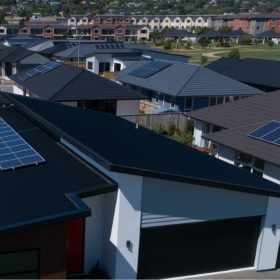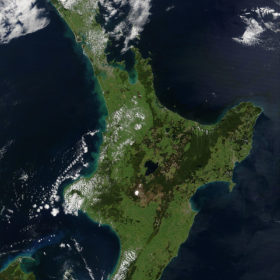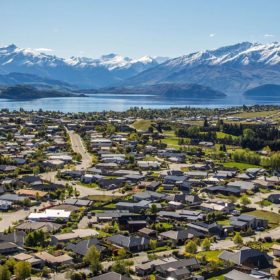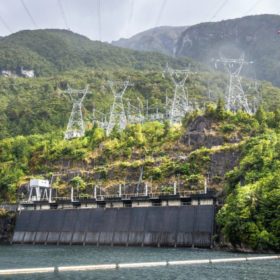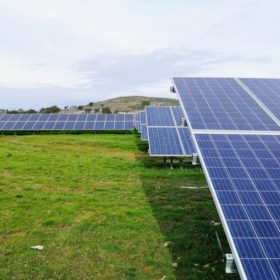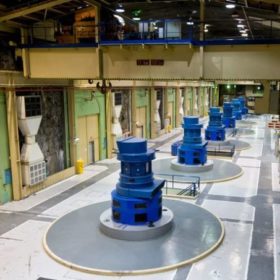Virtual power plant to trade grid-stability services in New Zealand
New Zealand’s solarZero says it aims to provide fast, sustained reserves with its virtual power plant (VPP) of 10,000 household battery systems. Meridian Energy, meanwhile, has secured approval for a 100 MW battery energy storage system – the country’s largest such system to date.
Tailoring mounting systems for the Asia-Pacific
In this pv magazine Webinar, we will discuss a suite of innovative tracker solutions, introduced by our partner Trina Solar, which answer the need to make utility solar projects more adaptable, quicker to install, and ultimately more profitable.
Todd proposes 400 MW solar farm for New Zealand’s North Island
New Zealand’s large-scale solar PV market is poised for a momentous shift with energy company Todd Generation pursuing plans to establish a 400 MW solar farm at Rangitāiki on the North Island.
US investment giant snaps up New Zealand rooftop solar specialist
BlackRock has agreed to acquire SolarZero, a New Zealand rooftop PV specialist, as part of its push into renewable energy in the Asia-Pacific region.
Australian companies vying for $3.1 billion green hydrogen project in New Zealand
Fortescue Future Industries and Woodside have been selected as the two finalists in the race to develop what could be one of the world’s largest green hydrogen projects – a 600 MW facility in New Zealand.
Pumped-hydro storage project takes shape in New Zealand
Lake Onslow, New Zealand, could become home to one of the world’s largest pumped-hydro storage facilities. A local consortium is now conducting a feasibility study and is investigating possible system designs and precise locations.
Aquila Capital confirms 1 GW solar PV pipeline for New Zealand
New Zealand’s transition to renewable energy has received a boost, as German investment manager Aquila Capital is teaming with renewable asset developer Far North Solar Farm to start construction on a 1 GW portfolio of large-scale PV projects.
Australian duo make shortlist for 600MW green hydrogen project in New Zealand
Two of Australia’s most prominent energy players, Fortescue Future Industries and oil giant Woodside Energy, have been included on a shortlist of potential development partners for a proposed 600MW green hydrogen production and export facility on New Zealand’s South Island.
English solar developers prep for New Zealand
Hive Energy, Ethical Power Group and Solar South West have set up a joint venture they hope will lead to 350 MW of utility scale installations in a country which does not suffer from grid congestion and which appears to have an energy transition-friendly administration.
Energy storage aggregation unlocks benefits for homeowners, grid operators, installers
Companies like Sunrun are implementing grid services using smart batteries to unlock benefits for residential end users and the grid at large. Recent research from New Zealand suggests that these benefits could be dramatic.
